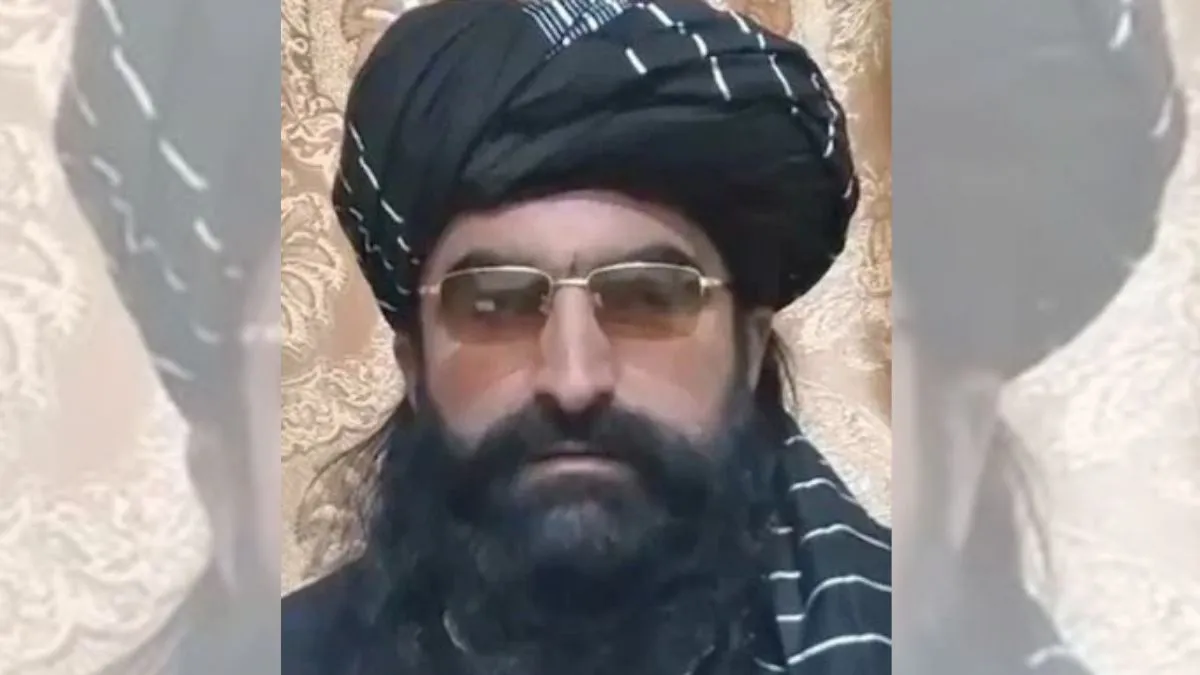- By Shivangi Sharma
- Thu, 16 Oct 2025 11:12 PM (IST)
- Source:JND
Noor Wali Mehsud, the secretive and formidable leader of the Tehreek-e-Taliban Pakistan (TTP), stands at the centre of escalating tensions between Pakistan and Afghanistan. For Islamabad, he is not merely a militant commander but the architect of a resurgent insurgency threatening Pakistan’s stability.
Renowned for his strategic and strict control over the TTP, Mehsud has earned both fear and respect among militants, while remaining a top target for Pakistani security forces. His survival after a recent airstrike in Kabul has once again brought him into the spotlight, intensifying border tensions. As accusations fly across the frontier, Mehsud remains the symbolic and operational face of Pakistan’s deadliest internal threat, rooted in decades of militancy and regional mistrust.
A Failed Strike And A Surviving Threat
Pakistan’s forces thought they had their chance last week when an airstrike in Kabul targeted an armored Toyota Land Cruiser believed to be carrying Mehsud. The operation, one of the boldest since the 2022 US drone strike that killed al-Qaeda leader Ayman al-Zawahir, was meant to eliminate the TTP chief. But the mission failed.
Within hours, the TTP released an audio message purportedly from Mehsud, claiming he was alive and accusing Pakistan of running a “deliberate disinformation campaign.” The message, which circulated widely among militant channels, was viewed by analysts as proof that Mehsud had once again evaded Pakistan’s grasp.
ALSO READ: Trump First Praises PM Modi And Then A ‘Dark Joke’ On His Political Career | WATCH
Rise Of Noor Wali Mehsud
Mehsud took the reins of the TTP in 2018 after his predecessors were killed in US drone strikes, one of them, Mullah Fazlullah, notorious for his brutality. By that time, Pakistan's military had pushed the TTP into Afghanistan, scattering its fighters. But under Mehsud's leadership, the group regrouped and reorganised to reemerge as cohesive and lethal.
A trained cleric and author, Mehsud has published several books outlining his ideology and justifying militancy. Unlike earlier TTP leaders who drew on the global call to jihad, Mehsud mixed religious extremism with Pashtun nationalism, framing his fight as one for the rights of the tribes. Analysts say this story has helped him unite rival factions and rebuild the group's strength.
Restoring Broken Movement
ACLED, a conflict monitoring group, documented more than 1,000 TTP attacks against Pakistani targets since 2018, with ambushes against security posts and bombings in Khyber Pakhtunkhwa. The operations have grown increasingly sophisticated.
Pakistan's military blames Mehsud for collaborating with India and Afghan intelligence, both of which have repeatedly denied the allegation. In 2022, the US designated him a Specially Designated Global Terrorist, later added to the United Nations' ISIL/Al-Qaida sanctions list.
Noor Wali Mehsud is the face of militancy's resilience for Pakistan and years of failed counterterrorism operations. His survival from multiple assassination attempts has deepened Islamabad's frustration, and reinforced fears that the TTP's power, nurtured across the Afghan border, is once again on the rise.

